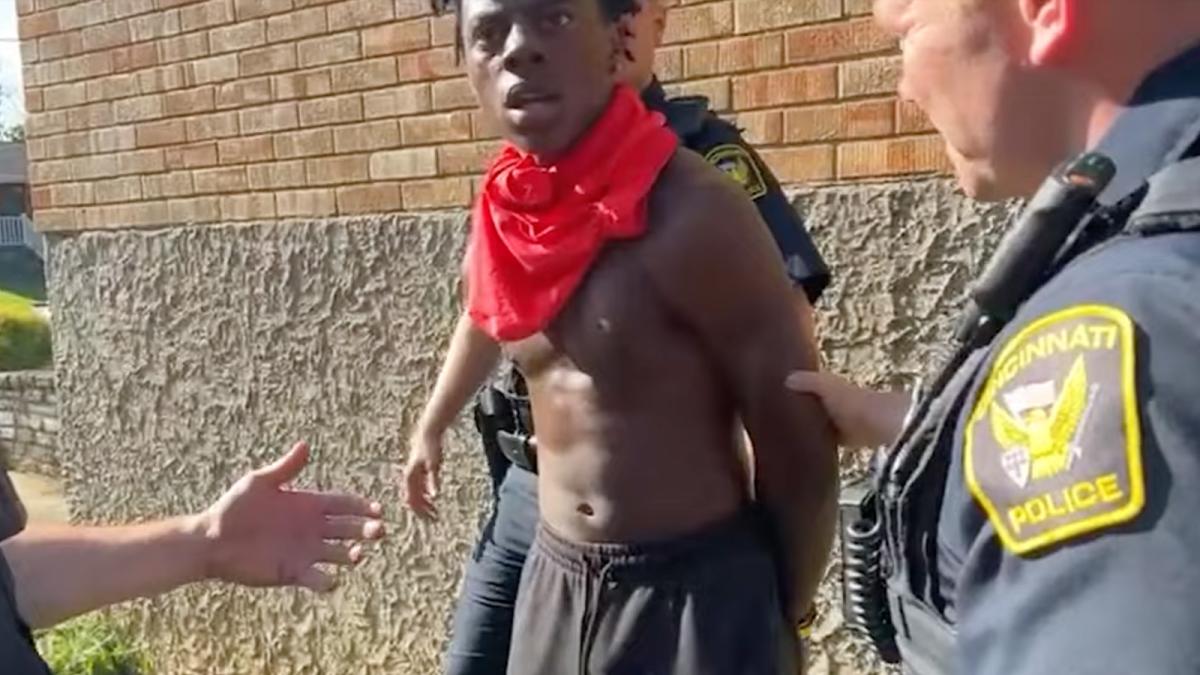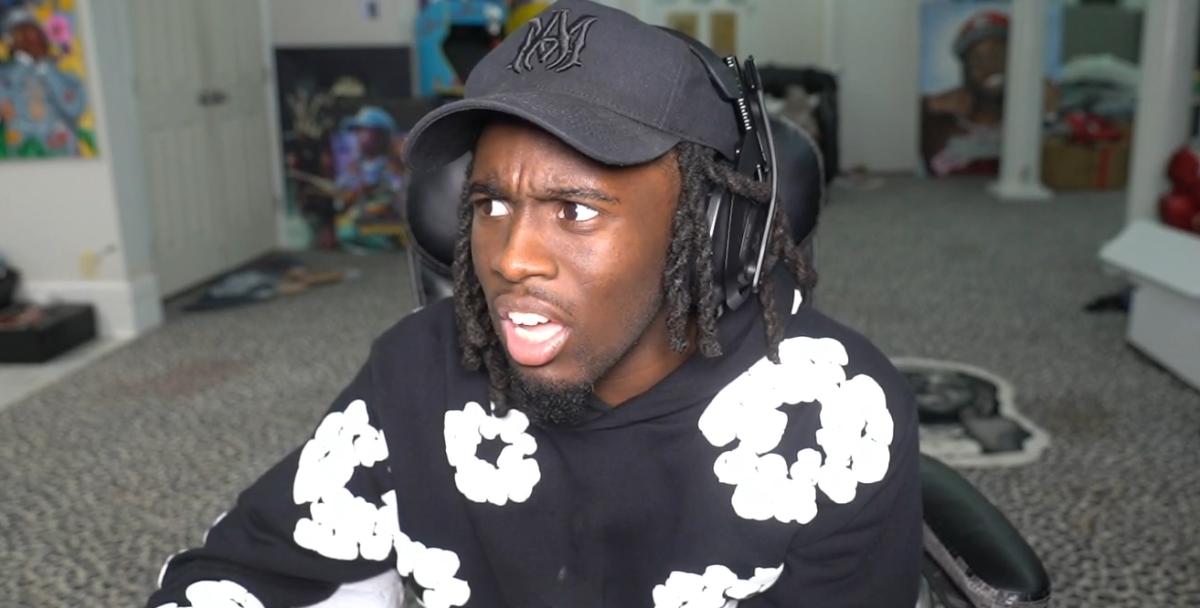Swatting is one of the scariest things that can happen to a person who is, for all intents and purposes, minding their own business in what would otherwise be the space they feel safest.
The tactic is a prevalent form of harassment in online communities, especially in the online streaming space, and the number of high-profile creators that have been victimized is sizable.
Along with Adin Ross, who was swatted on Nov. 9, there is a laundry list of creators that have had police arrive at their house on the pretenses of a dangerous situation.
The term “swatting” stems from the name of the police force that typically comes when someone maliciously makes a hoax call to a local emergency dispatcher. As many people know, the SWAT team is a group of police that is more heavily geared than your typical traffic cop. The abbreviation itself stands for “special weapons and tactics.”
Swatting is used as a verb to describe the act of making a false report to the police that leads to a SWAT team showing up to someone’s residence. These hoax calls can include claiming that someone is armed and dangerous or that there is some sort of hostage situation.
A part of swatting is often linked to the act of “doxxing,” which is when someone publicizes another person’s private information, like a home address. In online communities, doxxing is one of the primary causes of swatting. In order to swat someone, a harasser needs to provide emergency services with the address of the person they are victimizing.
These overtly fraudulent calls to police can lead to criminal charges if the person who makes them is identified.
How to avoid swatting
It is difficult to account for all situations when dealing with individuals that are out to harm or harass others, but content creators on Twitch and YouTube can take steps to help protect themselves from these bad actors.
Twitch’s resources on doxxing and swatting note that creators should be mindful of what their online presence discloses about their whereabouts. Keeping your home address and whereabouts as private as possible is the best way to stop swatting from happening in the first place.
To prevent swatting attempts, creators can also stay in close communication with their local authorities. In some places, high-profile content creators can have their name and address added to a list of places that are at high risk of swatting attempts. While these registries aren’t always fool proof, they can sometimes help to reduce the potential that a streamer is put in a potentially life threatening situation.












Published: Nov 10, 2022 07:05 pm